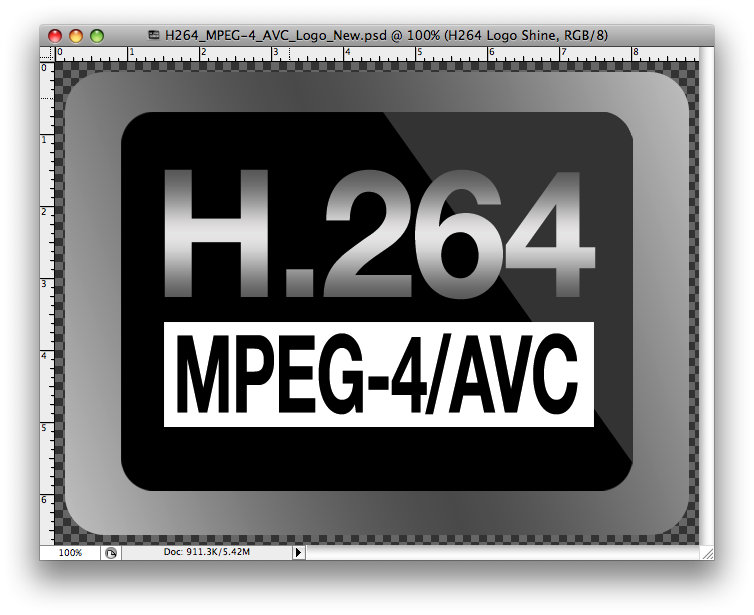Muchado about Nothing – I hope
 I’ve gotten several e-mails and twitter posts over the past week relating to this H.264 End User Agreement “controversy.”
I’ve gotten several e-mails and twitter posts over the past week relating to this H.264 End User Agreement “controversy.”
Basically, the issue is with the end user license agreement for H.264 which states that the format cannot be used for “professional” distribution.
This is something we should all worry about as the Canon HDDSLRs all shoot their footage in the H.264 footage. If you’re confused – click here to go to the Gizmodo article that does a good job of spelling this out in detail.
My opinion? All too often, lawyers write contracts that are meant to protect their clients to the “Nth” degree. I deal with a LOT of contracts – and most of them make your blood boil if read at face value.
What I’ll often do is to call the client and/or lawyer and bring up my concerns – and that usually clarifies things and often we can modify the language. This of course often involves me getting my lawyer involved myself of course – and continues to feed the beast.
The cynic has to wonder out loud if these contracts are nothing more than a big industry conspiracy that they teach all law students in some secret ceremony at law schools around the world: “Make contract overreaching – this will GUARANTEE a counter from the second party – which in turn guarantees more billable hours for both legal teams during the ensuing back and forth…” But I digress.
To be frank – it’s not uncommon for me to find out that the client that is sending out this contracts to me – can’t quite make sense of what said contract says themselves… Or if they can- they don’t often stop to think what the implications of some of the terms are – or how they could potentially be misinterpreted / abused by others.
That being said – one always should consider the fact that if there is something in a contract that you don’t like/agree to – NEVER SIGN IT! In the end – just because you know what the client “meant” or “intended” – all that matters is what is said in that contract.
In this case – you have to use common sense. H.264 is one of the most prevalent codecs out there in the world today – and amateurs and professionals are using it EVERY day and posting content up continually. If this were an issue – one would expect that some action would already have been taken…
So while I’m not wasting much time worrying about how these H.264 terms of services might affect us at this point – I would feel much more comfortable is they were more clearly outlined…













Well said. I can’t see MPEG LA going after anyone over this issue, especially not independent filmmakers.
But having said that, the possibility of litigation, however remote, may be enough to unsettle or even scare away larger companies.
We’re not using H.264, we’re using ProRes 422 as the distribution codec……sustained!
JT Reply:
May 9th, 2010 at 2:14 pm
@Steve, the whole article isnt about the distribution codec. the point is to say that it doesnt matter what you finish with. Once you push record on your camera for commercial purposes, according to the article, you now owe MPEG LA royalties. That’s what the fuss is about, other-wise you could theoretically just change codecs and be “safe”.
So glad you brought this up Vincent… I’ve seen this posted around but now you have shed light on this too, it kinda makes it more worrying but not at the same time ha
Awesome job with the workshop, really appreciated your time and knowledge and thanks to everyone else who worked along side you to make it possible.
Keep up the great work.
Daniel